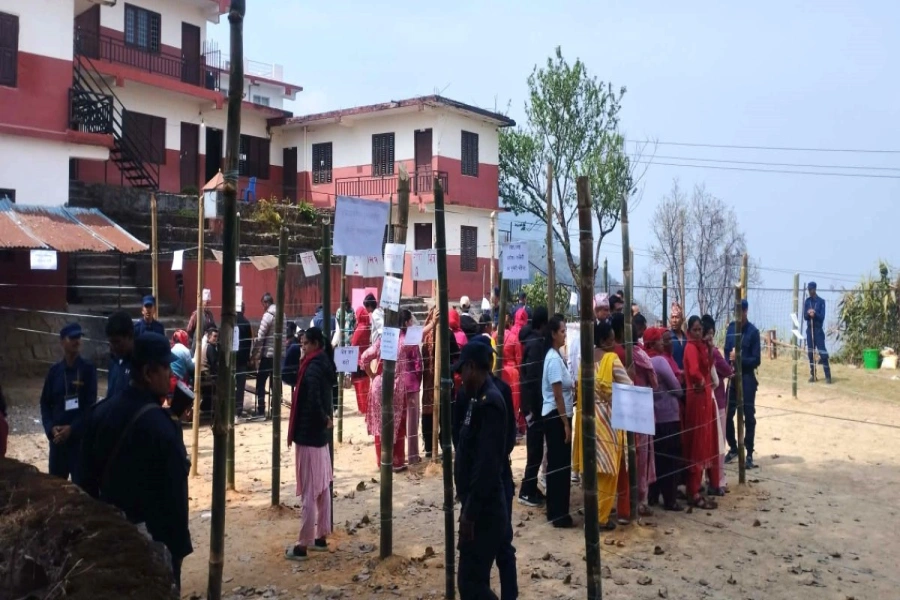KATHMANDU, May 16: The government has painted a bleak picture of national economy, saying that almost all major economic fundamentals will be battered by the earthquake.
According to officials of the Ministry of Finance, the economy will face a serious setback due to the earthquake and its impact on various sectors.
"It's too early to calculate the exact damages and the impact of the earthquake on the economy. However, the economic growth target that we set earlier will be hard to achieve. The economic growth is going to fall from the projected rate," Baikuntha Aryal, joint secretary at MoF, told Republica.
Economy in the doldrums

Immediately after the earthquake of April 25, the Asian Development Bank (ADB) also revised down its economic growth forecast for Nepal to 4.2 percent from its earlier projection of 4.6 percent for 2014/15.
"The service sector including tourism and hospitality is likely to see significant impact of the earthquake. There is no life in service sector activities till this date. The remaining two months will have significant impact on the growth target. This means it will be difficult to achieve the economic growth target in the remaining two months," Aryal added.
Similarly, inflation is expected to surpass the government target. In its growth projection for fiscal year 2014/15, the government has set a target of containing inflation below 8 percent. The earthquake and subsequent flow of money as well as the supply side constraint is likely to push inflation above 8 percent, according to MoF estimates.
"Both supply and demand factors are likely to push inflation above eight percent in the days to come," added Aryal.
The flow of money for relief and reconstruction projects in the wake of earthquake coupled with shortage of commodities like food items, cloths and other materials is likely to drive up inflation, according to economists.
"If the government and other spending helps in capital formation and generates employment, it may not drive up inflation. However, the situation is not like that. Due to weak governance and flaws in procurement policy, the capital spending and capital formation is unlikely to take momentum," Economist Biswambher Pyakuryal told Republica. "The overall economic situation looks alarming."
Joint-secretary Aryal also agrees that capital expenditure is likely to speed up in the current fiscal year. "Heavy equipment and other machineries are mobilized in rescue and rebuilding efforts which will also make it difficult for the government to make capital spending," Aryal added.
The trade deficit, which is already very high, will also widen in the current fiscal year as agricultural as well as manufacturing production is expected to go down due to the earthquake. The slowdown in manufacturing industry, and the loss of livestock and damage in arable land is likely to propel import and hit export, thereby widening trade deficit.
"As the hydropower projects are also damaged, country will see severe energy crisis. This will hit the manufacturing sector. Similarly, as farmers will be focused on rebuilding of their homes in the upcoming farming season, it will reduce agro production," a senior official at the MoF told Republica. "These all will raise import and reduce export which means that the trade deficit will swell further."
Joint Secretary Aryal, however, says the balance of payment (BoP) will be positive despite weak economic fundamentals. "The BoP will be in surplus as remittance and foreign aid will increase," he added.
Meanwhile, the government has said that the revenue collection will also suffer in the current fiscal year 2014/15. "The revenue shortfall will stand at Rs 30 billion this year, around Rs 50 billion less than next year's projection," added Aryal.



































